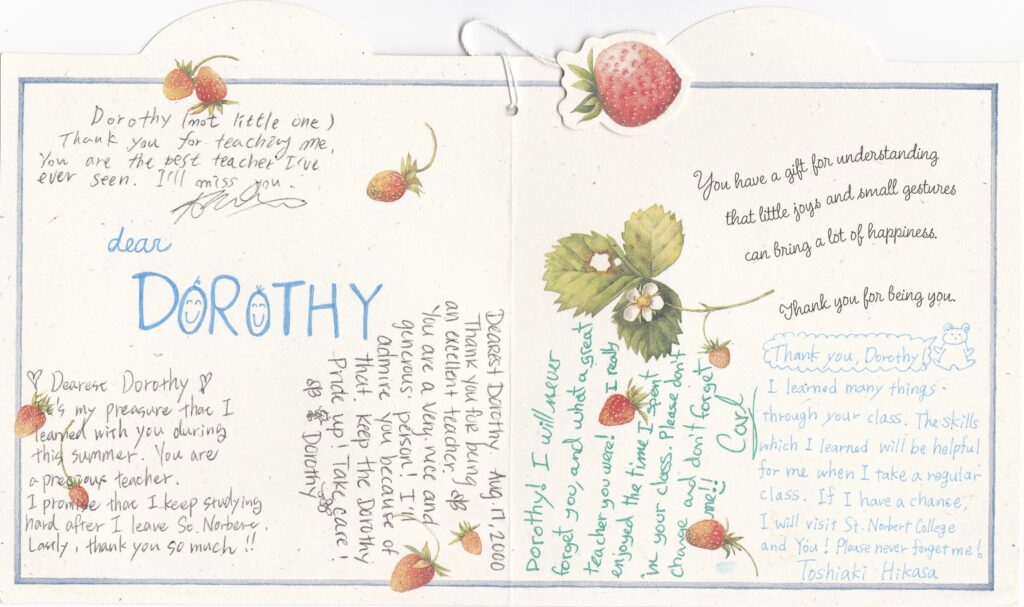By Valerie Routhieaux
Day 11: Pantser
Welcome to today’s writing tips.
Yesterday I talked about plotting your novel or work. Today, I will focus on pantser’s.
A Pantser is a person who plants themselves in the chair and writes. Whether
they write with paper and pen or computer, doesn’t matter, the important thing
is to write.
Pantser’s need to write. They have
an idea that must be written down as soon as possible. There’s no time to outline,
summarize, or decide on characters. From personal experience as a Pantser,
characters are there as soon as I need them. I don’t need to do heavy thinking
about character names or locations. As soon as I put my fingers on the
keyboard, their story comes about.
Pantser’s characters talk to
writers, constantly, obsessively at times. It can be obnoxious, especially when
the writer needs to sleep, but the character has no regard for a writer’s
health or well-being. Sleep and food are taken between scenes, or when the
character becomes quiet.
As a Pantser, I tend to work on
multiple books at a time. It’s not uncommon for me to have five books I
alternate between as the story develops between each. I’m certain other Pantser’s
have their way of writing. No two writers or Pantser’s are alike.
I’m certain some would say I have a
classic case of OCD. I would tell you I have a case of character intrusion
which needs to be taken care of as soon as possible so I can have peace and
quiet.
How long it takes to get the story
written depends on the complexity of the story, but in most cases three to six
months is common. That said, every story goes through quiet times. Writer’s
tend to think of these times as writer’s block. Maybe it is, but it also gives
me a chance to work on another book in progress.
When one story becomes quiet,
another story becomes noisy. I need to take advantage of those times to advance
the story. Eventually, I come to the end of a story. It feels like I’ve won a
race, come to the end of the trail, or accomplished something monumental. It’s
also a time when I feel like I don’t have anything to do and wonder what’s
next. Why I wonder what’s next is beyond me when I have several other books
waiting to find the final word in the story.
On the whiteboard behind me, I have
a list of nine books in progress. Nine books I intend to work on this year. Of
those nine, one is in the publishing process and will be published in the fall.
Five being edited, two are ready to finish, and one begun this year and I need
to write. I have plenty to keep me busy.
So, you see, a Pantser is always in
writing mode. A Pantser needs to write. A Pantser is always thinking. With a
Pantser, the story comes first. Everything else comes after I finish the story.
I’ve been writing to publish for 39
years. In that time, I’ve learned to do research during the writing, instead of
after. That way I don’t need to worry about the facts when I finish the story.
Things to research while I write
the story—time period if it’s a historical novel. Customs, culture, clothing
are big areas of research. Location is another big one and for historical
novels, I rely on old maps. Pantser’s must think about everything as they
develop a story.
With the story finished, the time
comes for revision and character development. Putting flesh and blood on the
story to make it come alive to the reader.
Early in my writing career, someone
read a little bit of Joanne, now called Scarred, and told me she couldn’t see
the characters or the action. All she read was dialogue. I was grateful to her
and brought life to my characters and the scenes in my story so that when the
next time a person read my story, they told me my story read like a movie, they
could see the characters and the action.
Writing is work. Bringing a story
to life takes time and development. Writing is a joy and finishing a story
brings fulfillment. Yes, it takes three to six months to write a story, but it
can take years to develop the story and bring it to life so that when someone
reads what I write and tells me they enjoyed it I feel a sense of
accomplishment.
If you’re a writer, are you a
Pantser? How long does it take you to write and develop your story? Do you work
on several at once?
I haven’t done a recent count, but the last time I counted the number of stories in progress and finished, I had over fifty titled works. I have plenty to keep me busy for years to come.
Tomorrow’s Perspective: Typos



